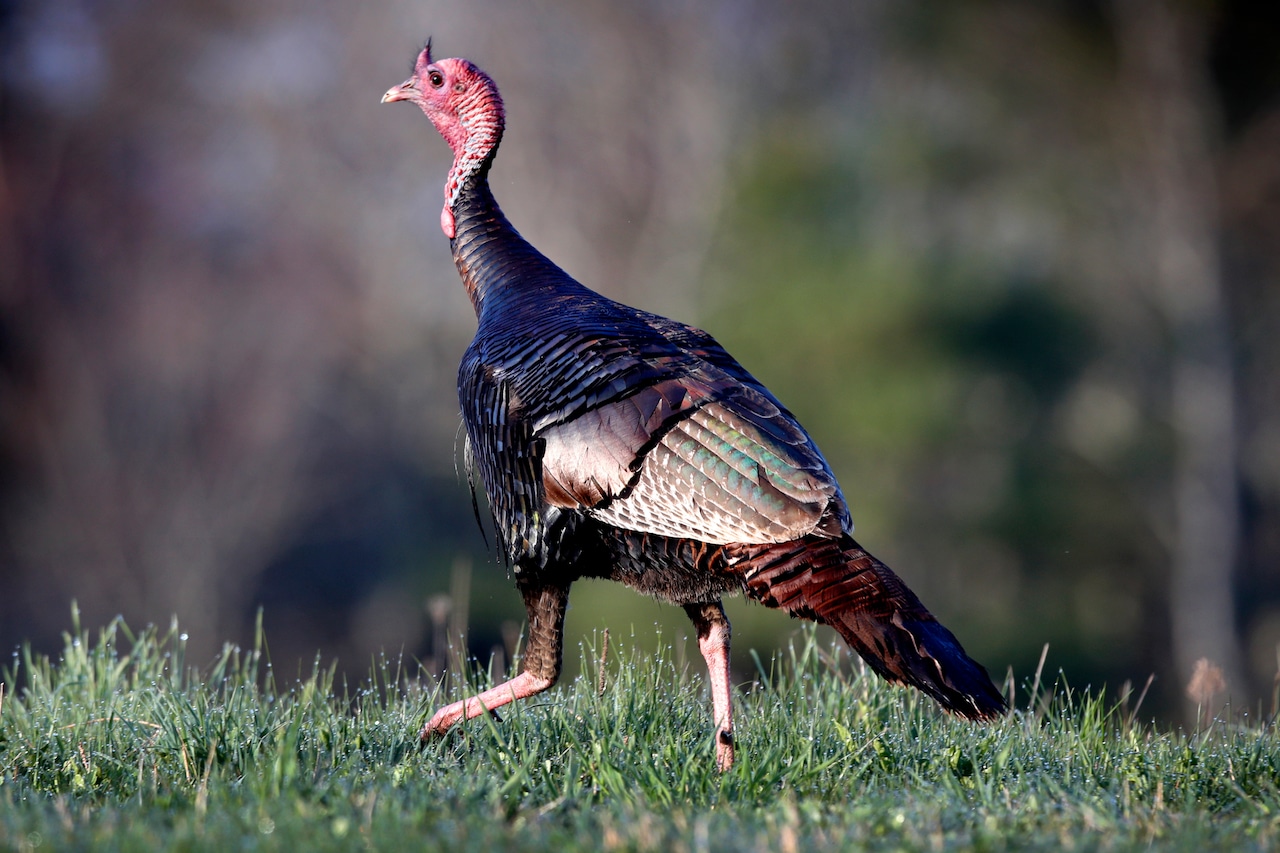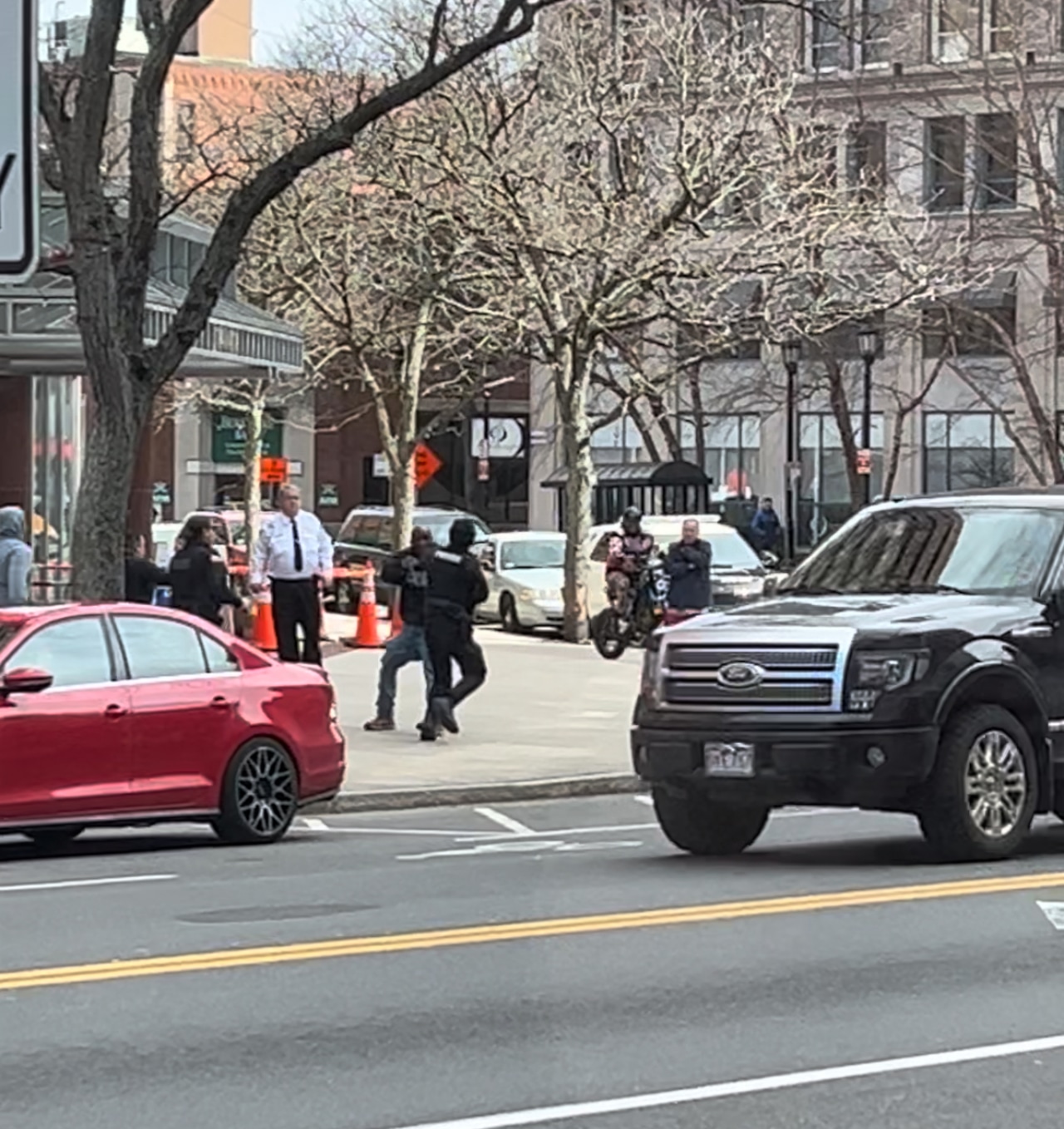
Mating season, which lasts from March through May, causes turkeys across Massachusetts to become more aggressive towards humans.
“Turkeys may attempt to dominate or attack people that they view as subordinates, and this behavior is observed most often during breeding season,” the Massachusetts Division of Fisheries and Wildlife’s website states. “They may also respond aggressively and peck shiny objects like windows or vehicles, interpreting their own reflection as an intruding turkey.”
The website encourages people to make their properties less attractive to turkeys to prevent bad encounters.
“The most effective action people can take to prevent conflicts with turkeys is to stop feeding them,” said Dave Scarpitti, MassWildlife’s Turkey Biologist. “Providing food, whether intentional or not, can cause turkeys to act tame and may lead to bold or aggressive behavior, especially in the breeding season. Once this behavior is established, it can be very difficult to change.”
Other ways to avoid conflicts is to keep bird feeder areas clean, use scare devices in gardens and cover windows and shiny objects.
Turkeys who are used to humans lose their fear of people and can cause the most damange. If you do come in contact with an aggressive turkey, “don’t let turkeys intimidate you.”
“Don’t hesitate to scare or threaten a bold, aggressive turkey with loud noises, swatting with a broom or water sprayed from a hose. A dog on a leash is also an effective deterrent,” the website suggests.






